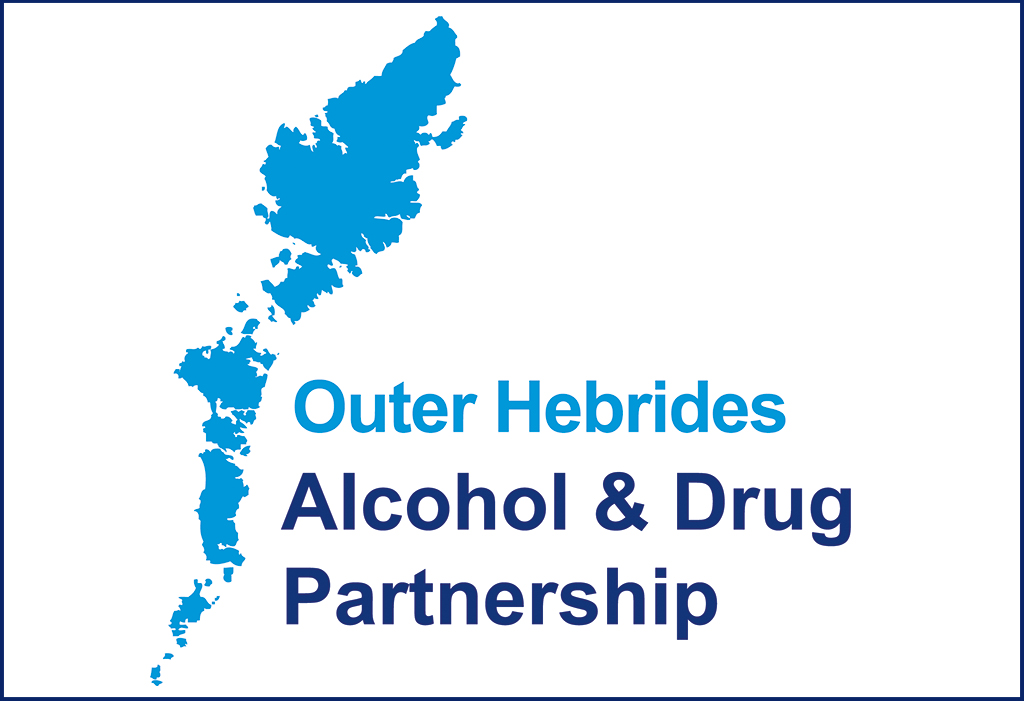Heading 2
Know your units – Creating a healthier mind and body
Published on 29 June 2021
It has been a tough year for everyone getting through the COVID-19 Pandemic: not being able to meet up with family, friends and relatives and not being able to undertake normal activities. Many people have been affected by the challenges of the pandemic and the measures put in place for physical distancing to help keep us safe. It is understandable that people may be feeling stressed, lonely and anxious and may use alcohol as a coping mechanism. But now, the Outer Hebrides Alcohol and Drug Partnership (OHADP) is highlighting the importance of looking after your health and wellbeing, and considering alternative ways to cope.
During lockdown, our drinking patterns changed. Some people decided to reduce how often they drank, or stopped altogether, whilst 29 per cent of Scots started drinking more frequently. A recent poll suggests that those who were drinking four or more days a week before lockdown have been drinking more regularly.
In Scotland, there were 1,020 reported alcohol specific deaths in 2019, with 23,685 people hospitalised for alcohol related reasons. Whilst there is no safe drinking limit, drinking over the recommended maximum weekly amount of 14 units can have a negative impact on your health (causing various types of cancers and liver disease), reduces the effectiveness of your immune system and effects your mood and general wellbeing. So, now, during the pandemic, is a good time to reflect on your alcohol intake. Is it time to reduce your alcohol intake or stop altogether? This will have a positive effect on your mental and physical health, improve your energy levels, mood and sleep patterns.
Drinking whilst pregnant or planning a pregnancy also has risks. There is no known safe amount of alcohol to drink whilst pregnant, so to reduce that risk, the Chief Medical Officer advises that the safest approach for women who are planning a pregnancy, who may be pregnant or for those breastfeeding is to avoid alcohol completely.
It is important to seek the right help and support if you are feeling low and there are plenty organisations you can access online that will offer practical assistance to see you through these difficult times, rather than turning to alcohol. If you are struggling, ‘Clear Your Head’ is a Scottish Government resource which offers advice and ideas on how to keep active and create a routine. Check it out at https://clearyourhead.scot There are also a number of organisations available to support you.
If you need to talk to someone, you can call NHS 24 Mental Health Hub on 111. This service isavailable 24 hours a day, 365 days a year. Breathing Space is available on 0800 83 85 87 and is open weekdays: Monday – Thursday 6pm to 2am and weekends: Friday 6pm – Monday 6am. Samaritans is another excellentsupport service availableon 116 123 or by email at: jo@samaritans.org Samaritans is open 24 hours a day, 365 days a year.
If you do intend to drink alcohol, you should drink no more than 14 units a week on a regular basis and make sure you spread your drinking over three or more days and have three or more alcohol-free days each week.
Why not set yourself a target or challenge and see what you can achieve? You could think about keeping a daily diary or use a unit measure to keep track and make sure you don’t go over the recommended limits. If you would like any of the resources mentioned please contact OHADP Support Team on 01851 762022 who will arrange to send these out to you.
To help you keep track of your alcohol consumption, units and calories visit the Scottish Government website www.Count14.scot
Other useful tips to reduce the amount of alcohol consumed include avoiding double measures and alternating an alcoholic drink with one or more alcohol-free drinks. Consider swapping high strength beers and wine for a lower strength (check the ABV% on label) and diluting your drinks with low calorie mixers.
There is plenty support available locally and nationally to help you. If you or someone you know may be drinking too much and it is causing you concern, speak to your GP, other health professional or one of the alcohol agencies locally.
There is a new weekly online virtual drop-in Recovery Meeting held every Tuesday at 2.30pm which is hosted by Joe Wilson, the Recovery Community Officer for the Outer Hebrides Alcohol and Drug Partnership. These meetings are open to anyone that feels they have a problem with alcohol or other substance use. To join, contact Joe direct on 07773004229.
Consider making contact with the various alcohol and drug treatment services across the Outer Hebrides for advice and support. If you would like further information on services available, take a look on our online Outer Hebrides Alcohol and Drug Partnership Recovery Support Services Directory at www.outerhebadp.com/services/our-services or contact the ADP Support Team on 01851 762022 for further information.
You could also look at NHS Inform which provides information on advice on alcohol and its risks and can be accessed by the following link: www.nhsinform.scot/healthy-living/alcohol/where-to-get-help
Families, friends and significant others can also be affected by someone else’s drinking and need support. Scottish Families affected by Alcohol & Drugs (SFAD) offer support online on www.sfad.org.uk or you can telephone the free helpline on 08080101011.
NHS Western Isles has a dedicated Coronavirus website that contains helpful sections including advice on healthy living. You will also find details of the Western Isles Psychological Hub under the ‘Mind Matters’ section that is accessible for anyone in Western Isles who may be feeling psychologically distressed and in need of additional support. You can self-refer by accessing the site at www.coronavirus.wi.nhs.scot

- NEXT PAGE: Health Protection and Immunisation
- LAST REVIEWED ON: June 29, 2021